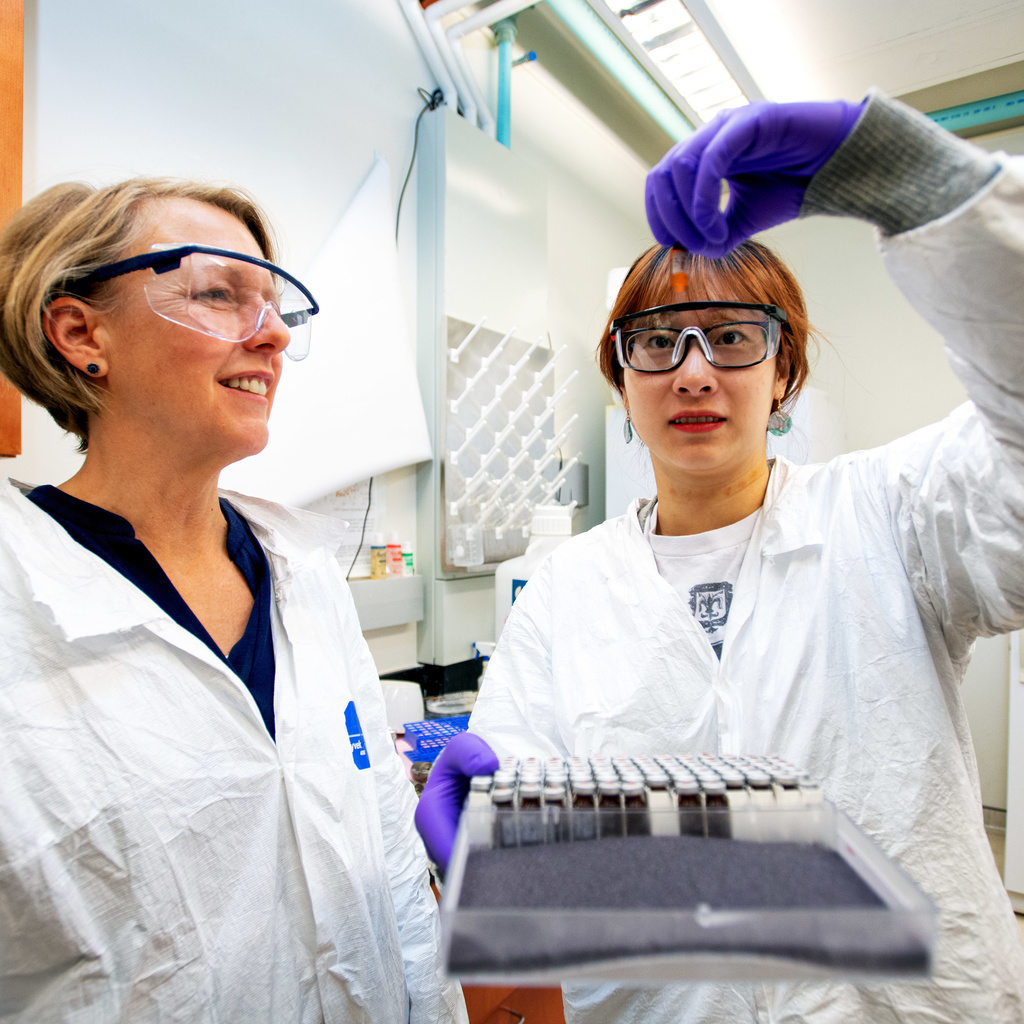Main navigation
Our engineering programs empower problem solvers to make a global impact. We ignite creativity and expand horizons through hands-on experiences, enabling our students to dream big and shape a better world.
Our civil and environmental engineering programs equip every student with the tools to succeed and make a meaningful impact. By blending solid foundational knowledge with hands-on experiential learning and leadership opportunities, we prepare our students to excel as engineers and leaders.
At Iowa, our Civil and Environmental Engineering students embody “An Engineer and Something More”



Why Iowa?
If you like to think for yourself and chart your own path, you’ll want to consider the civil and environmental engineering program at the University of Iowa. Yes, there are larger programs at other universities, but bigger doesn’t always mean better. You’ll find Iowa has a lot to offer.

It's great to be a Hawkeye!
And Iowa's outstanding athletic teams are just the beginning...

A close-knit community
At Iowa, you'll be part of a welcoming community of friends. The University of Iowa is a major research university, but most required CEE classes have fewer than 55 students, and CEE elective classes are often much smaller, at 25-35 students.

Find your niche
At Iowa, we offer programs and groups to help you find your place and "fit in." You can be part of a Living Learning Community, such as People in Engineering. You'll live with peers working toward similar goals.
Faculty who know you and want you to succeed
Our faculty are not only leading professionals in their fields, they also take an interest in students as individuals and work to help them do well.
Get started the right way
We admit qualified students directly to engineering. Most graduate in four years.

No weed-out classes
We want our students to succeed, and we provide the programs and support to make it happen.

Help when you need it
Engineering is a challenging field. If you need help with coursework, the Hanson Center for Communication, the Lichtenberger Engineering Library, and Engineering Tutoring offer free support resources to engineering students.
And individualized curriculum
Once you've chosen a major, such as civil and environmental engineering, you can also select a focus area in engineering or even another field, such as communications, art, or business.

Get some hands-on experience
If you're ready to get started on research, all you have to do is ask! Faculty often hire students to work closely with them on research on a wide range of real-world problems, from water quality to sustainable and resilient infrastructure.
State-of-the-art facilities
Our recently renovated building, the Seamans Center, offers tech-infused classrooms, cutting-edge laboratories, and open collaborative spaces.

